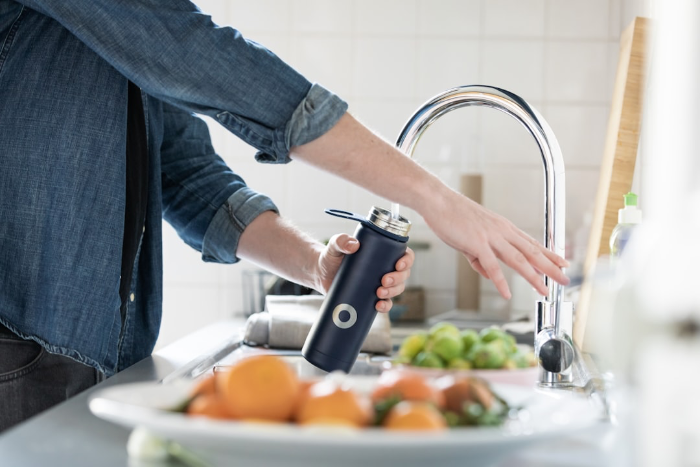Top 10 Tips for Improving Water Quality

Protecting Our Water: Top 10 Tips for Improving Water Quality
Water is an indispensable resource that sustains life, but its quality is under constant threat from pollution, industrial runoff, and aging infrastructure. Ensuring access to clean and safe water is paramount for public health and environmental sustainability. In this blog post, we'll explore the importance of water quality and provide practical tips for individuals and communities to contribute to its improvement.
1. Understand the Importance of Water Quality:
Water quality directly impacts human health, ecosystems, and economic vitality. Contaminated water can lead to serious health issues such as gastrointestinal diseases, reproductive problems, and even cancer. Additionally, polluted water bodies disrupt aquatic ecosystems, harm wildlife, and diminish recreational opportunities. Recognizing the significance of water quality is the first step towards effective conservation efforts.
2. Conserve Water:
Conserving water reduces the strain on water treatment facilities and minimizes pollution from wastewater discharges. Simple actions such as fixing leaks, using water-efficient appliances, and practicing mindful water usage in daily activities can significantly reduce water consumption. By conserving water, we not only preserve this precious resource but also alleviate pressure on water treatment systems.
3. Properly Dispose of Hazardous Materials:
Improper disposal of household chemicals, pharmaceuticals, and other hazardous materials can contaminate water sources. To prevent water pollution, it's crucial to dispose of these substances responsibly. Utilize designated disposal sites for hazardous waste, avoid flushing medications down the drain, and follow guidelines for proper disposal of chemicals to safeguard water quality.
4. Support Sustainable Agriculture Practices:
Agricultural runoff is a major contributor to water pollution, carrying pesticides, fertilizers, and sediment into waterways. Supporting sustainable farming practices such as crop rotation, organic farming, and precision irrigation techniques reduces the environmental impact of agriculture. Additionally, promoting conservation practices like buffer strips and cover cropping helps prevent soil erosion and protects water quality.
5. Invest in Infrastructure Improvements:
Outdated water infrastructure contributes to water quality issues such as lead contamination and sewage overflows. Investing in infrastructure upgrades, such as replacing aging pipes, implementing green infrastructure projects, and enhancing stormwater management systems, improves water quality and ensures reliable access to clean water for communities.
6. Participate in Community Clean-Up Efforts:
Engaging in community clean-up events helps remove trash and debris from waterways, preventing them from entering the water supply. Joining local environmental organizations, volunteering for river clean-up initiatives, and participating in litter clean-up campaigns are effective ways to protect water quality and promote community stewardship of natural resources.
7. Advocate for Policy Change:
Advocating for stronger environmental regulations and policies is essential for protecting water quality on a larger scale. Support initiatives that promote water conservation, regulate industrial pollution, and enhance wastewater treatment standards. Contact elected officials, participate in public hearings, and raise awareness about the importance of water quality to influence policy decisions.
8. Monitor Water Quality:
Regular monitoring of water quality helps identify pollution sources and track changes in water conditions over time. Utilize citizen science programs, water quality monitoring kits, and online databases to assess water quality in your local area. By actively monitoring water quality, communities can take proactive measures to address pollution issues and protect public health.
9. Educate Yourself and Others:
Education is key to fostering a culture of environmental stewardship and promoting sustainable water management practices. Stay informed about water quality issues, conservation strategies, and ways to minimize pollution. Share your knowledge with family, friends, and community members to inspire collective action towards preserving clean water for future generations.
10. Foster Collaboration and Partnerships:
Addressing water quality challenges requires collaboration among stakeholders, including government agencies, non-profit organizations, businesses, and individuals. Foster partnerships with local water utilities, environmental groups, and community leaders to coordinate efforts, share resources, and implement effective solutions. By working together, we can make significant strides towards improving water quality and protecting our most valuable resource.
Protecting water quality is a shared responsibility that requires collective action at the individual, community, and policy levels. By implementing conservation practices, supporting sustainable initiatives, and advocating for policy change, we can safeguard water resources for present and future generations. Let's commit to preserving clean and safe water for all and ensuring a sustainable future for our planet.
